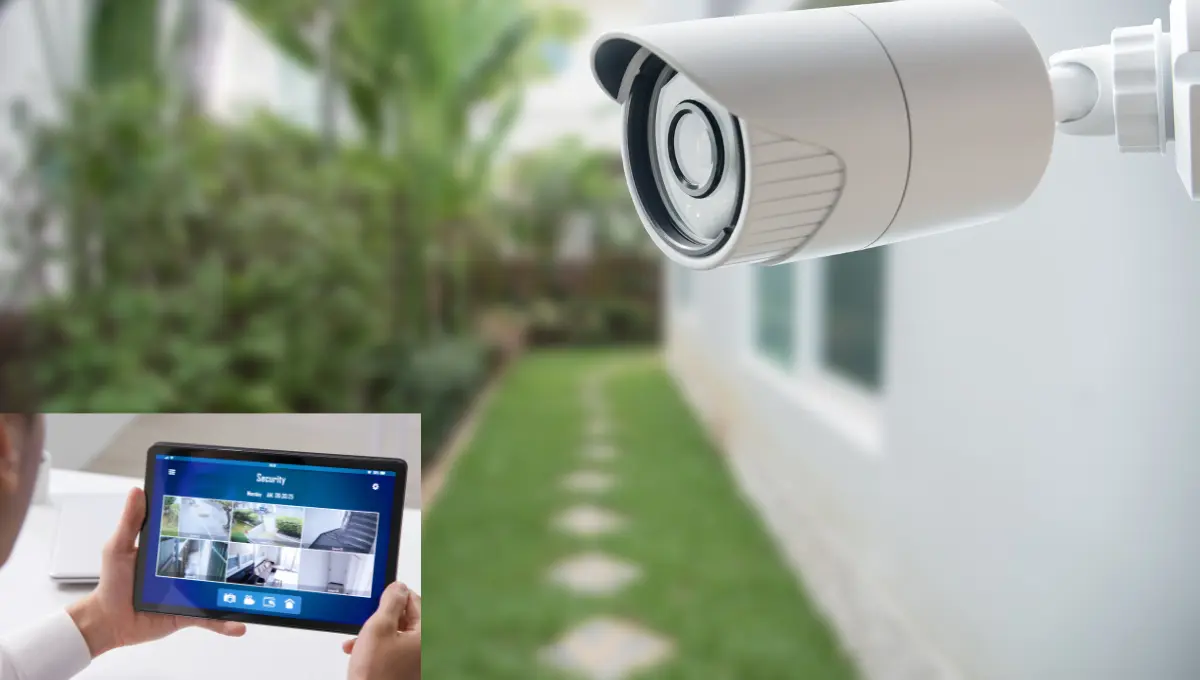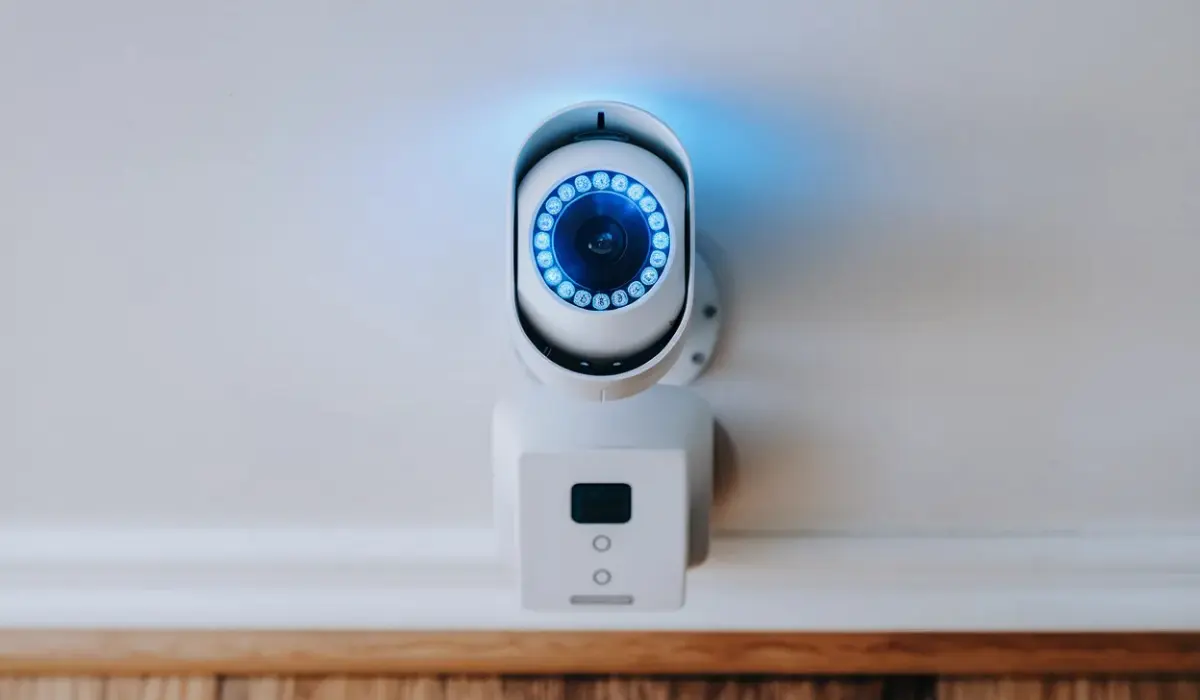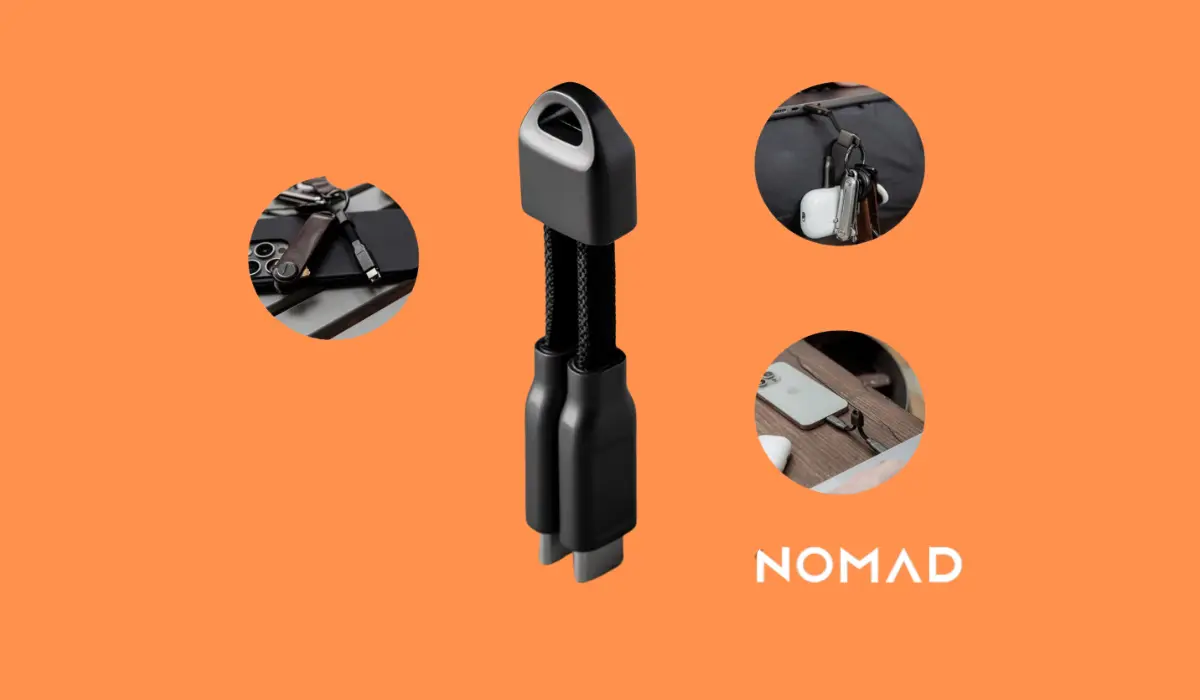1. Introduction
In today’s world, home security is more important than ever. A security camera for home is an essential tool in protecting your property and loved ones. Whether you’re looking to deter burglars, keep an eye on your kids, or simply have peace of mind, the right home security camera can make all the difference. In this comprehensive guide, we’ll explore everything you need to know about choosing and using a security camera for your home.
2. Why You Need a Security Camera for Home
Home security cameras offer numerous benefits:
- Deterrence: Visible cameras can discourage potential intruders.
- Evidence: In case of a break-in, footage can be crucial for law enforcement.
- Remote Monitoring: Check on your home from anywhere using your smartphone.
- Peace of Mind: Know that your property is under constant surveillance.
- Insurance Benefits: Many insurers offer discounts for homes with security systems.
3. Types of Home Security Cameras
There are several types of security cameras suitable for home use:
1. Indoor Cameras
These cameras are designed for use inside your home. They’re great for monitoring living areas, entryways, and nurseries.
2. Outdoor Cameras
Weather-resistant and durable, outdoor cameras are perfect for monitoring your property’s exterior.
3. Doorbell Cameras
These smart devices replace your traditional doorbell, allowing you to see and communicate with visitors.
4. Wireless Cameras
Easy to install and move, wireless cameras offer flexibility in your home security setup.
5. Wired Cameras
While requiring professional installation, wired cameras provide a stable connection and don’t rely on Wi-Fi.
4. Key Features to Look for
When choosing a security camera for home, consider these important features:
- Resolution: Higher resolution (1080p or 4K) provides clearer images.
- Night Vision: Essential for 24/7 surveillance.
- Motion Detection: Alerts you when movement is detected.
- Two-Way Audio: Allows you to communicate through the camera.
- Cloud Storage: Securely stores footage off-site.
- Smart Home Integration: Works with devices like Amazon Alexa or Google Home.
- Field of View: Wider angles cover more area.
- Weather Resistance: Important for outdoor cameras.
5. Installation and Setup
Installing a security camera for home can be straightforward or complex, depending on the type you choose:
DIY Installation
Many wireless and battery-powered cameras are designed for easy self-installation. Follow these steps:
- Choose the location for your camera
- Download the manufacturer’s app
- Connect the camera to your Wi-Fi network
- Mount the camera using the provided hardware
- Adjust settings and preferences in the app
Professional Installation
For wired systems or more complex setups, consider professional installation:
- Research local security companies
- Schedule a consultation
- Discuss your needs and get a quote
- Set an installation date
- Have the system professionally installed and tested
6. Legal Considerations
Before installing a security camera for the home, be aware of legal considerations:
- Privacy Laws: Ensure cameras don’t invade neighbours’ privacy
- Audio Recording: Some states require consent for audio recording
- Signage: Consider posting signs indicating video surveillance
- Rental Properties: Get landlord approval if you’re a tenant
Always check local laws and regulations regarding home surveillance.
7. Maintenance and Troubleshooting
To keep your home security camera system running smoothly:
- Regular Cleaning: Wipe camera lenses periodically
- Software Updates: Keep camera firmware and apps up-to-date
- Battery Checks: For wireless cameras, monitor and replace batteries as needed
- Wi-Fi Strength: Ensure a strong, stable internet connection
- Storage Management: Regularly review and manage stored footage
Common issues and solutions:
- Poor Video Quality: Check internet speed, clean lens, or adjust camera settings
- False Alerts: Adjust motion sensitivity or detection zones
- Offline Camera: Check power source and Wi-Fi connection
- Night Vision Issues: Ensure IR sensors are clean and unobstructed
8. Conclusion
Choosing the right security camera for your home is crucial for protecting your property and loved ones. By considering the types of cameras available, key features, and top brands, you can make an informed decision that suits your specific needs. Remember to pay attention to installation requirements, legal considerations, and ongoing maintenance to ensure your home security system operates effectively for years to come.
Investing in a quality security camera system provides invaluable peace of mind. Start exploring your options today and take the first step towards a safer, more secure home.








